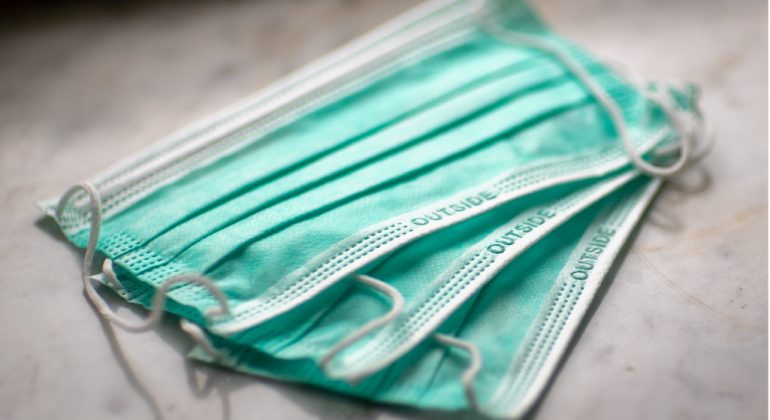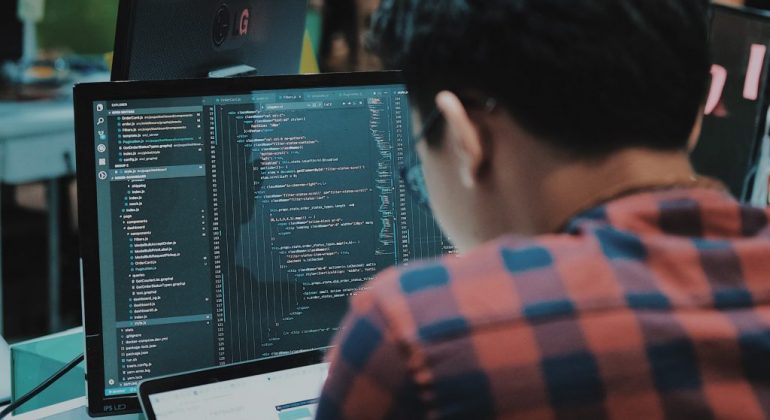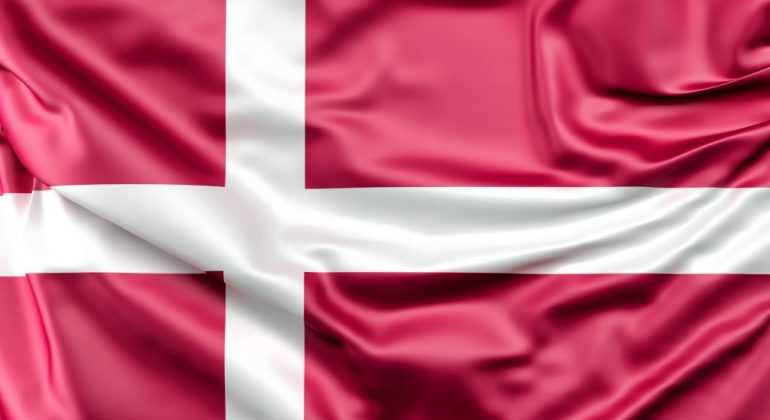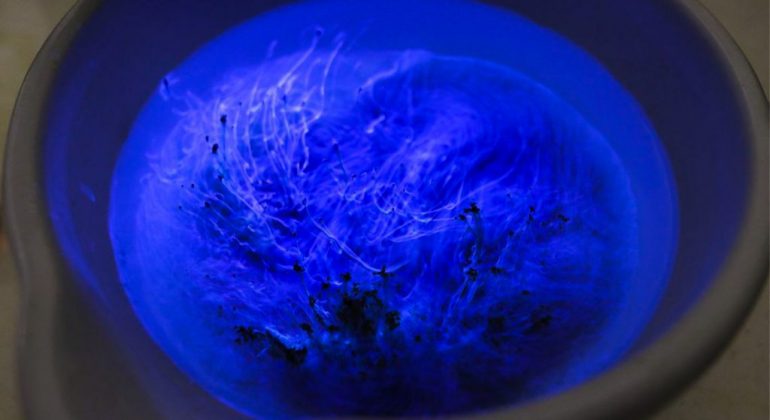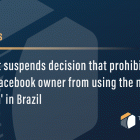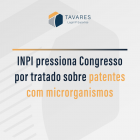Brazilian scientists create serum with horse antibodies capable of neutralizing COVID-19
A serum entirely developed in Brazil showed neutralizing antibodies up to 50 times more potent against Sars-CoV-2 than those present in the blood plasma of people who had COVID-19. The result was considered excellent by the scientists who developed the product and paves the way for a more efficient treatment against the disease. The researchers await authorization from the National Health Surveillance Agency (Anvisa) to begin testing the serum in humans.
Plasma from people who have had COVID is already being used to treat the disease, as a way to offer extra antibodies to patients who are still struggling to fight the virus. The serum principle is similar.
The difference is that it is being produced on horses and, according to the first results, it is much more potent. These antibodies are then purified and can be injected into patients.
“We have to do everything very carefully so as not to create false illusions”, pondered the president of the Rio Research Foundation (Faperj), Jerson Lima Silva, who is a researcher at the Federal University of Rio de Janeiro (UFRJ) and participated in the project. “But the response was impressive, well above our expectations.”
The work will be submitted for publication on Thursday, 13, in a scientific session at the National Academy of Medicine (ANM). On the same occasion, Lima Silva, who is a researcher at UFRJ and participates in the project, will announce the filing of a serum patent.
In May, five horses from the Vital Brazil Institute (IVB) were inoculated with a recombinant S protein from the coronavirus produced at Coppe / UFRJ. After 70 days, the plasmas of four animals showed antibodies 20 to 50 times more potent against COVID-19. The fifth animal also showed antibodies but in a smaller volume.
“We are all thrilled with the result”, said the president of Instituto Vital Brazil, Adilson Stolet. “It was very good, excellent, wonderful.”
According to Lima Silva, one of the reasons for obtaining such a good immune response, both in terms of detected antibodies and its ability to kill the virus, is that scientists used an entire recombinant protein and not just fragments.
The protein S produced at the Cell Culture Engineering Laboratory at Coppe / UFRJ also led to the development of a new serological test for the detection of antibodies to COVID-19.
Serotherapy is a successful treatment, used for decades against diseases such as rabies and tetanus and also for the bites of bees, snakes and other venomous animals, such as spiders and scorpions. Serums produced by IVB have excellent results for clinical use, with no history of hypersensitivity or other possible adverse reactions.
“One of the advantages is precise that we have been using serums for a century, such as anti-phage and anti-tetanus,” said Adilson Stolet. “Not to mention the volume of plasma that can be produced. We have 300 animals, but we can buy another 500; in two months we would have an enormous amount of antibodies.”
As it is a well-known technology, the researchers hope to be able to skip the pre-clinical testing phase and go straight to testing with humans. There is already a partnership signed with the DOr Research and Teaching Institute (IDOR) for testing.
“Even if we do not achieve 100% efficiency, it could be a strategy to also combine this therapy with the vaccine”, concluded Lima Silva.
News from: UOL





